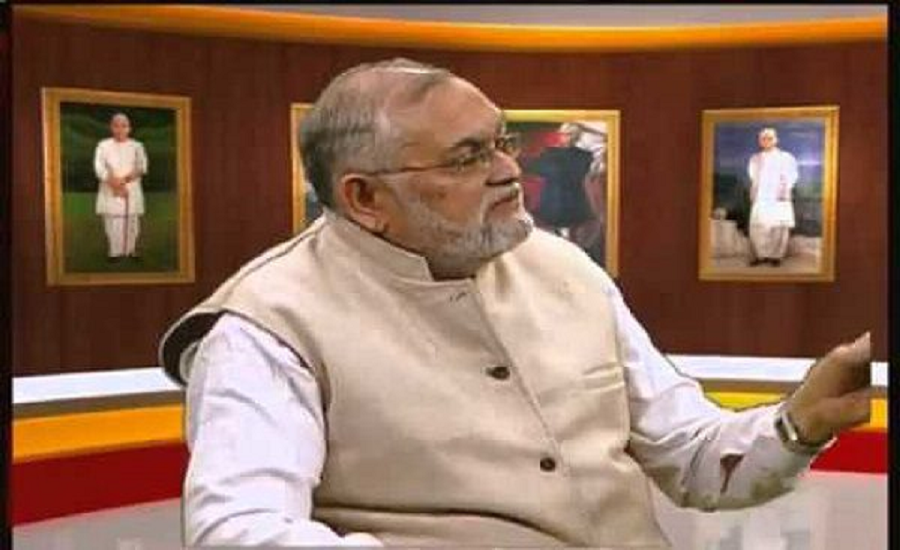Iran and the US Presidential Contest
By Geoffrey Cook, TMO
Salinas–As a journalist, I am going to stick to the Iran-Israeli encounter like a Gila-Monster to an unwitting desert hiker through this month of October.
 |
U.S. President Barack Obama (R) and Republican presidential nominee Mitt Romney talk during the final U.S. presidential debate in Boca Raton, Florida October 22, 2012. REUTERS/Rick Wilking |
As I write, Iran has offered, and the US has accepted, one-to-one negotiations to be held, after America’s November 6th National polls, on Tehran’s nuclear program as Iran’s currency crumbles, and civil unrest has arisen against the measures their government has imposed upon their citizens in reaction to the hostility of the stringent processes that the US administration and their allies have forced upon them to resist the unfair blockade put upon the land of the former Medes.
What is so curious about this is that the sanctions might backfire against the West in that the weakest countries in the Euro-zone depend upon Iranian energy sources. With Persian oil taken away, this would cause more of the weaker European economies to collapse quickly; undermining the entire Euro-zone; ultimately to economically devastate North America; thereby, leading to the possibility of a worldwide depression or even complete fiscal breakdown.
As can be seen Tehran has some chips in any negotiations although the United States would have the strongest options.
Further, though, as an academically trained historian, I am quite concerned over the sword-rattling against Iran by Israel, and secondarily by the U.S.
I was asked to send in a tentative question to the moderator of the last U.S. Presidential debate over the Arab-Israeli struggle for Palestinian rights. I believe the Iranian crisis was created to cast a shadow to hide the burning question of Palestine before the American elections by Mr. Netanyahu, and as interference in the American electoral process. The American intelligence establishment itself has come to a similar conclusion.
Both the CIA (the U.S. Central Intelligence Agency) and the Mossad (the infamously viscous Israeli Intelligence bureau) have stated before our respective “parliaments,†that Iran stopped weaponization in 2003 although it reserves the right to continue if their national defense is threatened.
It would seem that the best path would be to bring the Israeli nuclear program onto the table, too. Strangely, I do not advocate that Israel completely renounce its capability, but only to keep weaponized that which is legitimate for the threat at hand (there is no MAD in the Middle East); so the scale to which they have nuclearized is unacceptable. I recently was sent an essay from a scholar in a Greek think tank, who agreed with me in an essay he had written in Greek; and, therefore, has not gained wide circulation, that, if Iran nuclearized but not weaponized and held its missiles in abeyance, and to a minimal defensive posture not hostile to Israel, this would induce a helpful balance in the Middle East.
Thus, my theoretical question to Barack Obama and Mitt Romney for the past October 22nd deliberations was what is the position by both candidates, to encourage Israel to make sensible concessions if Iran would agree to go no further in its potential ability to weaponize?
Further, how do both of the candidates see how confidence measures can be built with American diplomacy in hand towards the goal of eventually building a nuclear-free Middle East?
How does each of the candidates hope to build peace with justice in the Levant despite Israel’s disproportionate nuclear strategic advantage–without MAD (Mutual Assured Destruction) to counter them within the region?
There can be no peace over the region when there is the constant threat of a thermo-nuclear holocaust from the Negev.
14-44













2012
789 views
views
0
comments